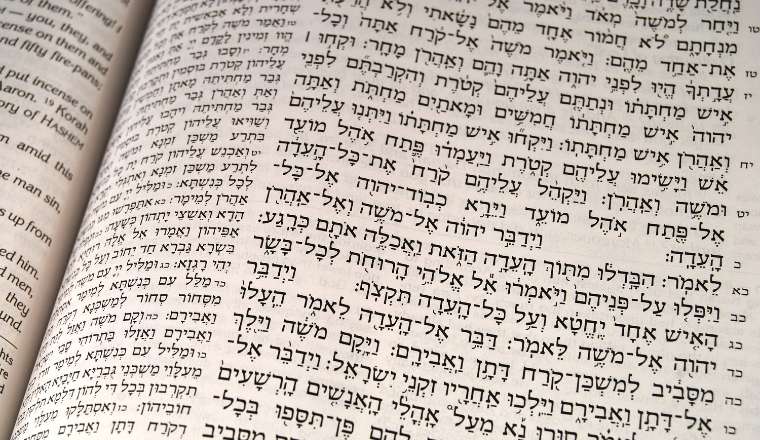The Biblical (Hebrew) days of the week are numeral. The first day of the week is called first day, the following day is called second day, and so on. The Hebrew week begins on Rishon (Sunday). According to the Bible, the world was created in six days and the seventh and last day of the creation week was Shabbat (Saturday). For this reason, the Jewish week begins the day after Shabbat (Saturday). See Exodus 20:8–9.
Except for Shabbat, the Hebrew weekdays are named after their order. Rishon literally means “first”, Sheni means “second”, Shlishi means “third” and so on. However, the Hebrew word שבת (Shabbat) means “stopped working” or “rested”.
According to the Book of Genesis, God created the world in six days and rested on the seventh day. For this reason, the seventh day is Shabbat, a day that forbids any work in it (See Exodus 23:12). There are many laws in the Jewish Bible, especially in the five books of Torah, regarding Shabbat. They focus on the best ways to observe Shabbat as the day of rest.
In Judaism, the day begins after sunset and not at sunrise. There are a few places in the Bible that refer to the day as the period of time between one evening and the next one. See Genesis 1:5, Gen 1:8, 13, 19, 23, 31; Leviticus 23:32; Matthew 28:1; Mark 16:1–2; John 20:19).
Yom (יום) is a Biblical Hebrew word which occurs in the Hebrew Bible. The word means “day” in both Modern and Biblical Hebrew. An example is Yom Rishon (Day One).
It should be noted that in ancient times there were several cultures in the Near East in which the day began at night; one of them was the Babylonian. So this tradition is not solely Judean.
| Day (English) | Name (Hebrew) | Pronunciation |
| Sunday | ראשון | Rishon |
| Monday | שני | Sheni |
| Tuesday | שלישי | Shlishi |
| Wednesday | רביעי | Revi’i |
| Thursday | חמישי | Chamishi |
| Friday | שישי | Shishi |
| Saturday | שבת | Shabbat |







